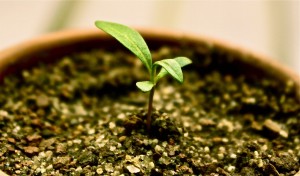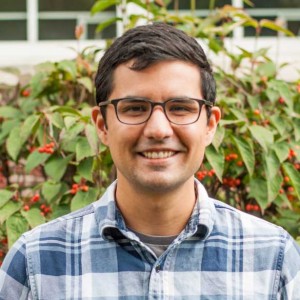Grad Student Herman, Sultan Published in Evolution, Faculty 1000


Biology Ph.D. candidate Jacob Herman and Sonia Sultan, chair and professor of biology, professor of environmental studies, are the co-authors of an article titled “How stable ‘should’ epigenetic modifications be? Insights from adaptive plasticity and bet hedging,” published in Evolution, Issue 68(3), pages 632-43. Herman was the Private Investigator on the paper.
The article also was selected by Faculty 1000, a platform for life scientists that helps scientists to discover, discuss and publish research.

Epigenetics is the study of ways chemical reactions change the way an organism grows and develops, and the factors that influence them. Epigenetic modifications can be stable across the individual’s lifespan and in some species even persist across generations, or they can be reversible, but it is currently unclear how the persistence of epigenetic modifications may evolve. In this paper, Herman and Sultan provide insights from the theoretical advances in adaptive phenotypic plasticity to predict the conditions that would favor the evolution of stable versus reversible epigenetic modification as an adaptive environmental response both within and across generations.
At Wesleyan, Herman is interested in the evolutionary implications of developmental plasticity. In particular, he has been studying transgenerational plasticity, a phenomenon that occurs when environments experienced by parents (or even more remote generations) influence the phenotypes of offspring, without changing the DNA sequence.
“There is a growing body of research in both plants and animals that suggests that transgenerational plasticity can have important ecological and evolutionary impacts, including influences on response to selection and population persistence in stressful environments,” he said.

Herman’s doctoral research focused on adaptive seedling responses to grandparental and parental drought stress in the widespread, introduced plant Polygonum persicaria.
“We found that functionally appropriate responses to drought stress persist across at least two generations in this species. These adaptive effects enhanced the growth and survival of ‘grandchild’ seedling offspring grown in drought conditions,” he said.
Herman’s research is one part of the larger effort in the Sultan lab to understand how individual plants respond to key environmental stresses, such as drought, and how those responses influence species’ ecology and evolution.
Learn more about ongoing research in the Sultan Lab here.

